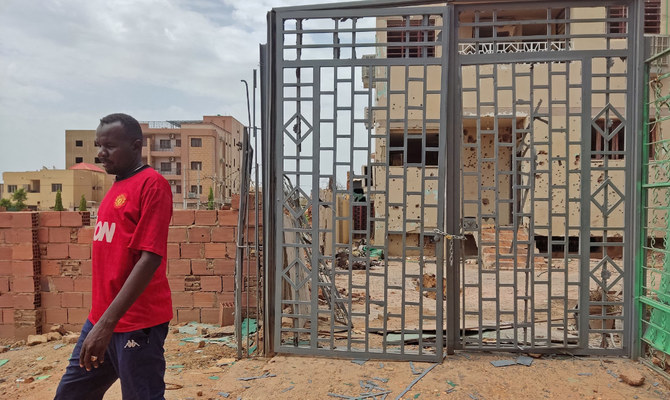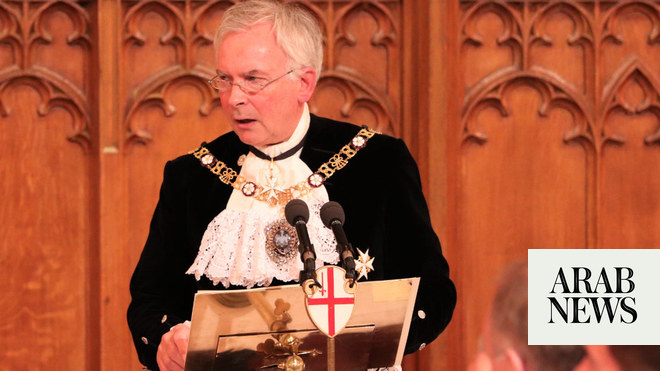
With their strategic location between East and West and over 364.7 billion barrels of oil exported in 2016 alone, the six countries of the Gulf Cooperation Council (GCC)—Saudi Arabia, the regional leader, along with Kuwait, Oman, Qatar, Bahrain and the UAE—form one of the richest and most important parts of the world.
They produce about 35 percent of the world’s annual oil supply, with over 500 billion barrels of proven reserves still underground. They have an average annual income of about $33,000 per capita, with a combined gross domestic product of $1.5 trillion. These numbers can be almost doubled considering that about half of the 50 million people living in these six countries are non-citizens. Quite a lucrative market indeed!
The Arabian Gulf is also home to the holiest cities of Islam and is the birthplace of the Arabic language and culture, making it the spiritual and cultural center for 1.8 billion Muslims and over 350 million Arabic-speaking people in the Middle East and North Africa. In short, it is the center of one of the largest political and economic blocs in the world.
It is simple to conclude that these six countries that formed the GCC in 1981 have all the necessary ingredients to become major players in global economics and politics. Since they established their single market and coordinated their policies, they have been moving fast to position themselves prominently in world affairs. The real challenge is to manage this breakneck rate of social and economic change and scale it up in a controlled manner without jeopardizing the stability and foundation that made this success and growth possible, especially given global interference and regional upheaval.
First, socially speaking, the fact that half of the population of these countries are non-citizens offers both advantages and disadvantages. On the positive side, it provides real opportunities to attract innovative, highly skilled talent that can contribute enormously, as it has done already over the past few decades, to economic growth and diversity.
Many Arabs who were born as citizens of Western countries have returned to the Gulf seeking better lives and more opportunities. Reinforcing that trend by offering them paths to GCC citizenship would attract more Arabic-speaking talent to the region.
Hafed Al-Ghwell
Immigration, in general, has been a plus for most countries that have opened their borders, such as Canada, Australia, and the US. On the negative side, there is the natural fear of uncontrolled and chaotic immigration that can create cracks in the homogenous conservative social fabric of these societies and foment an anti-immigration backlash. The current GCC policy of restricting channels to citizenship should be changed to build on the reversal of the brain drain the Arab world has suffered from for decades, already a trend in the GCC that represents an exception to the rule in most non-Western countries. Many Arabs who were born as citizens of Western countries have returned to the Gulf seeking better lives and more opportunities. Reinforcing that trend by offering them paths to GCC citizenship would attract more Arabic-speaking talent to the region by granting them a stake in the GCC’s success and stability without the fear of non Arab influences.
Second, the GCC would benefit enormously by unifying the economic policies of its member countries even more, which would allow for greater cross-border trade, more employment opportunities, and increased domestic and foreign investment; an example is the VAT that has recently been introduced in a well-coordinated manner in all six countries. In need of further reform are labor laws, educational standards, and residency requirements, for example. Some real and deep progress has already been made, but more is needed for better results.
Third, as the Gulf states coordinate their foreign affairs and move ever closer to each other politically, they have three fundamental tasks — maintaining their cooperation, unifying their stances in the face of foreign challenges, and sustaining their progress toward more stable long-term governance frameworks that build on what they have without losing the deep connection with their population. Social and economic changes can naturally drag existing political systems with them. The youngest generation of leaders, as in Saudi Arabia, with their fresh ideas and commitment to reforms, is a very positive sign on this front.
As the six Gulf states keep pace with reforms, economic growth, and unity under the leadership of Saudi Arabia to transform themselves into a major world economic and political bloc, their impact on the region as a whole should not be underestimated. Their success will probably serve as an example to other Arab countries. The marriage of their economic resources with skilled labor, and their easy reach into Africa, Asia, and Europe, will make them a huge success that can propel them to become the best emerging market around. The GCC, undoubtedly, will trigger a new renaissance in the region. Just as happened in Asia, these countries can indeed soon be called the new Arab tigers.
Hafed Al-Ghwell is a former adviser to the board of directors at the World Bank Group. Twitter: @HafedAlGhwell












